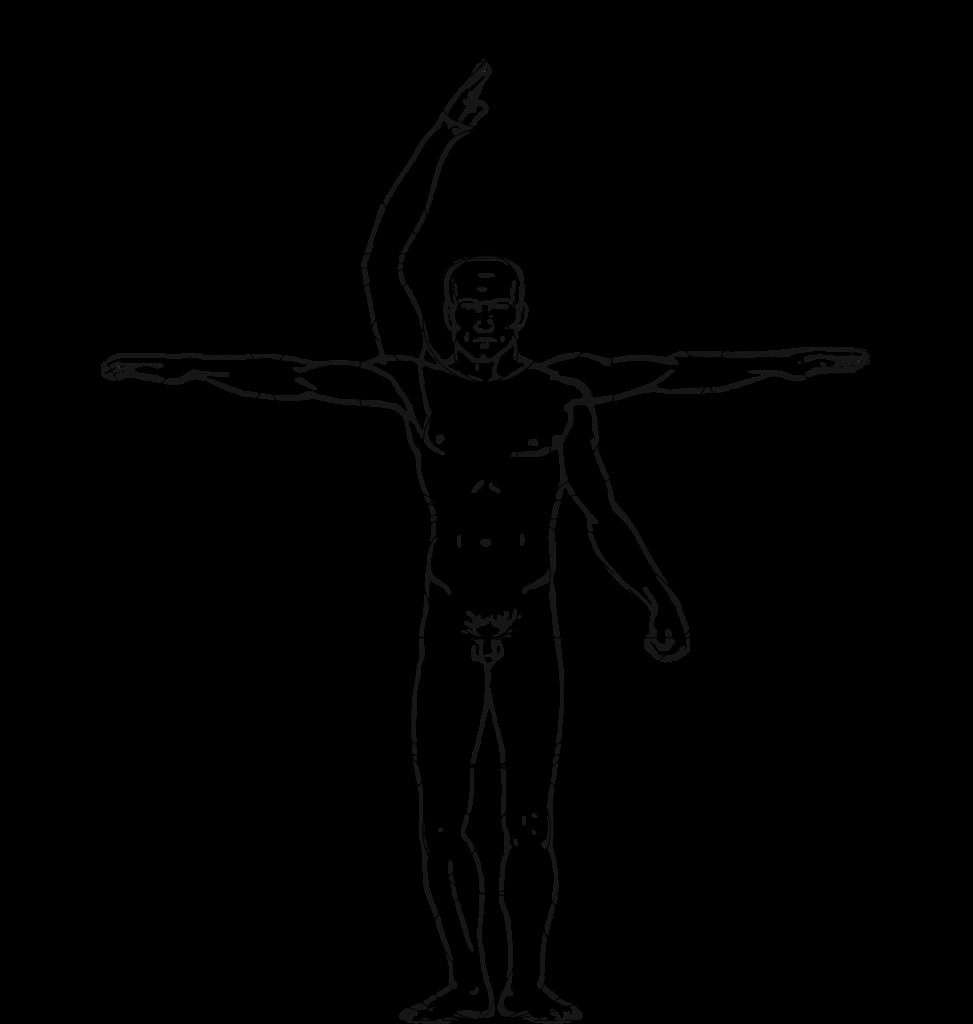I was thinking the other day…
Your body is a wonderland, and I do not mean that in the same sense John Mayer does.
Your body is a fantastic marvel of nature. What it accomplishes is nothing short of miraculous. The human body produces over 100 hormones and facilitates and astronomical number of chemical reactions each day.
OK, let’s geek out on that for a minute. “Scientists concluded that the average human body contains approximately 37.2 trillion cells” 1 Each cell has numerous chemical reactions every second. So here is the math on the chemical reactions that take place in the body each second.
(1 x 10^9 RXNs per second per cell) x (37x 10^12) = 37 x 10^21, i.e. 37 with 21 zeros after it, or 37 thousand billion billion chemical reactions per second. 2
Wow that’s a lot, how cool is that! Most of these reactions take place in mere microseconds. Faster than you can think it!
Just what do these chemical reactions do? Without going too deep, here are a few things.
For starters every time you have a thought, blink an eye, feel emotion, or move a finger chemical reactions are involved. But also….
Regeneration of new cells, all the cells in your body are replaced every 7 to 10 years. That’s right, it’s a whole new you every 10 years.
Digestion, breaking down food into the smallest molecules for many uses including, yep, more chemical reactions! (it is kind of like having a merry go round in your body)
Energy production, after your food is digested and reduced to glucose it enters the mitochondria in every cell and goes through a couple of chemical reactions, the Krebs Cycle, and the Electron Transport Chain. These processes produce Adenosine Triphosphate or ATP which is unit of energy that your body uses to live, work and play!

Hormone function, “A hormone is a chemical that is made by specialist cells, usually within an endocrine gland, and it is released into the bloodstream to send a message to another part of the body.”3 Anytime a hormone, or “chemical messenger”, reacts with a cell, gland, or organ that is a chemical reaction. This type of chemical reaction is quite long (comparatively speaking) usually taking seconds rather than microseconds. “Hormones affect many physiological activities including growth, metabolism, appetite, puberty and fertility.”3
All of this enables your body to stay in homeostasis (internal stability) which allows you to survive.
Considering that all these chemical reactions take place every second, of every day, of every year, of a lifespan, your body really is a wonderland!
- https://www.quora.com/On-average-how-many-chemical-reactions-happen-in-the-body-in-one-second
- https://www.yourhormones.info/hormones/
